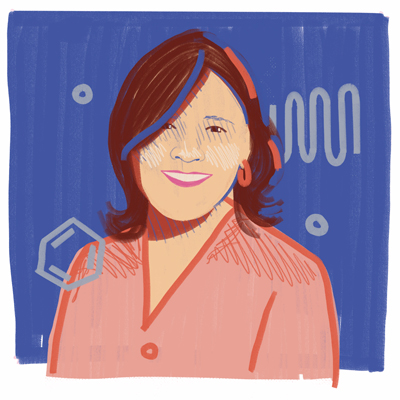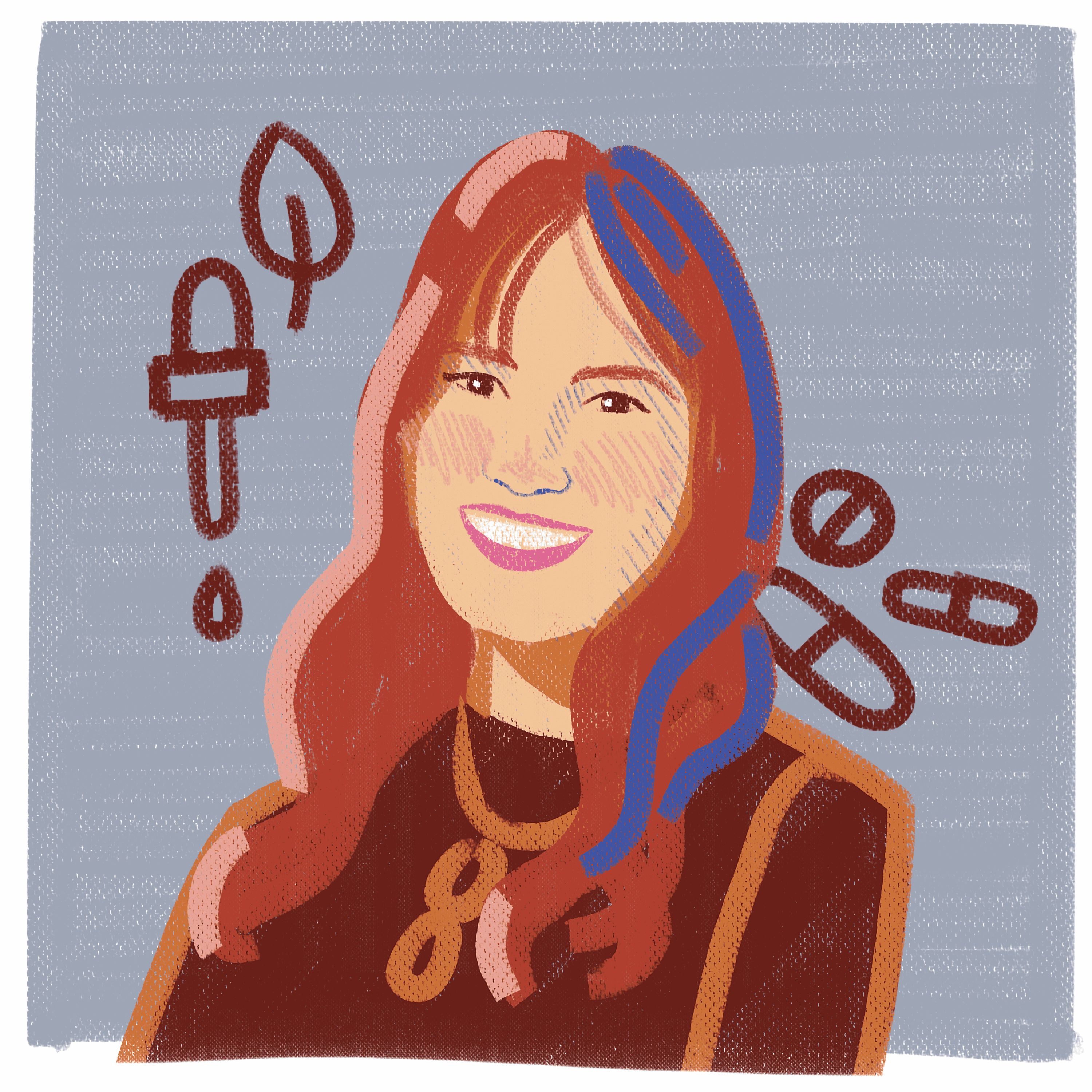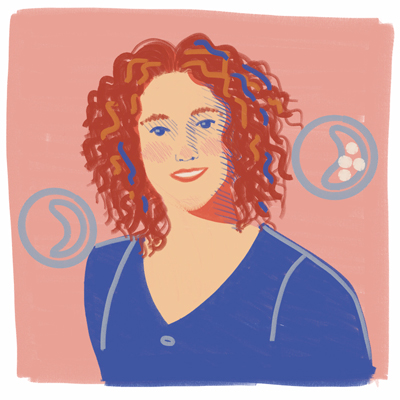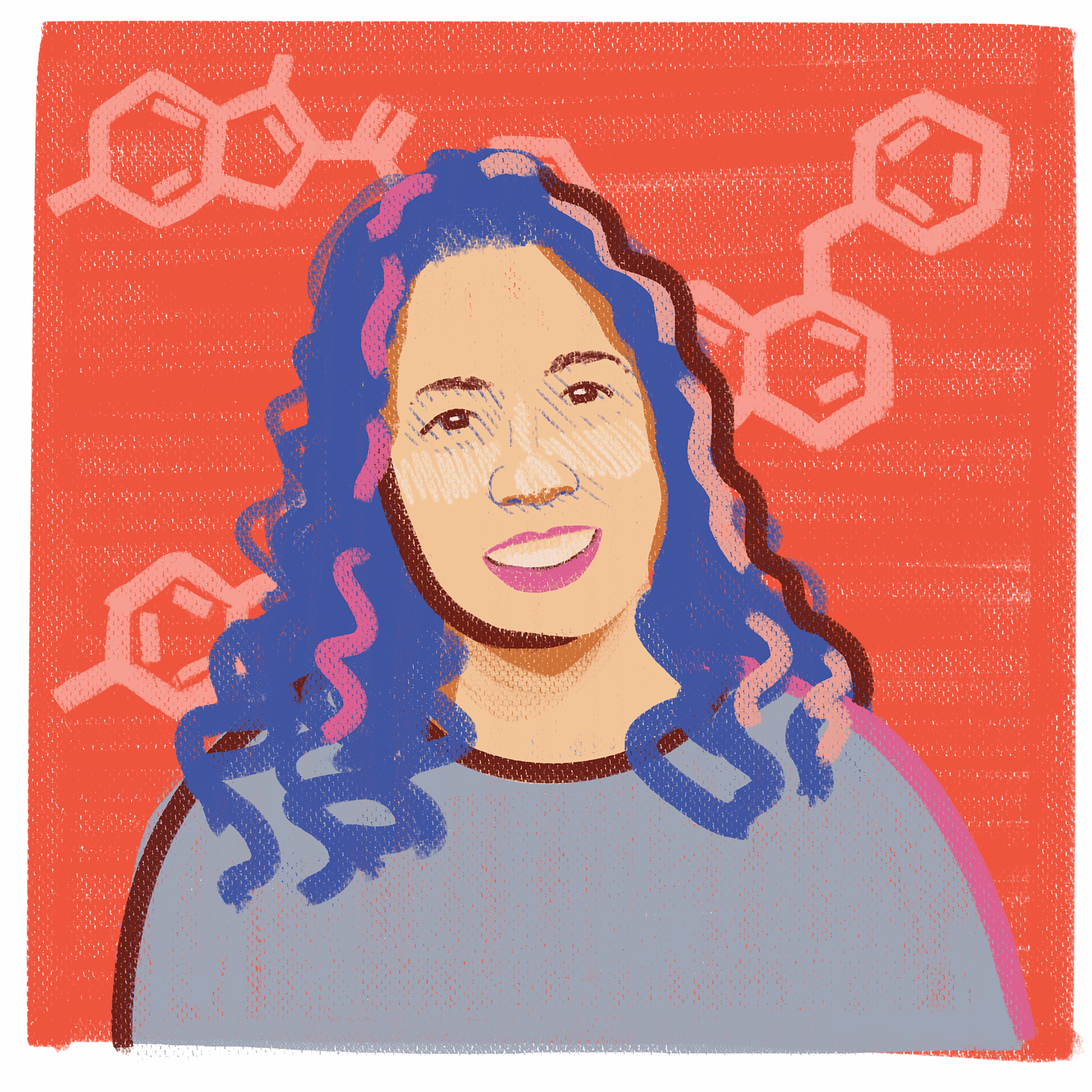Professor Fernanda Bueno Morrone

Fernanda Bueno Morrone holds a PhD and a MSc in Biological Sciences from Universidade Federal do Rio Grande do Sul, and a B.A. in Pharmacy from Universidade Católica de Pelotas. She serves as Dean of Research at the Office of the Vice President for Research and Graduate Studies of Pontifícia Universidade Católica do Rio Grande do Sul (PUCRS). She also serves as a Full Professor of the School of Health and Life Sciences and is affiliated to the Graduate Program in Medicine and Graduate Program in Health Sciences. She is also a researcher at the Brain Institute of RS.
Fernanda is a member of the Sociedade Brasileira de Farmacologia Terapêutica e Experimental, of the Sociedade Brasileira para o Progresso da Ciência and of the Clube Brasileiro de Purinas. She heads the Research Group Pharmacology of cancer and inflammation: biochemical and molecular aspects of new therapeutic targets, and coordinates projects in the area of pharmacology and the relationship between cancer and the immune system in various neoplasms.
Fernanda Morrone’s current research focuses on the interaction of the purinergic system, radiotherapy and immune response in brain tumor models and on the identification of new biomarkers in exosomes found in blood and urine. She is also looking into new therapeutic alternatives related to esophageal cancer and urinary tract tumors.
Fernanda coordinated the Scientific Commission of the School of Pharmacy at Pontifícia Universidade Católica do Rio Grande do Sul (PUCRS), from 2010-2012; the Master’s program in Pharmaceutical Biotechnology of PUCRS from 2013 to 2015; and the Undergraduate Research Division of PUCRS, from 2015 to 2017. She has won several awards and has numerous national and international partners, including Tübingen University, for which she has been awarded the grant FAPERGS/CAPES – Program for the Internationalization of Graduate Programs in Rio Grande do Sul.
As soon as Fernanda joined the Pharmacy program, she fell in love with studies on cells and molecules to treat diseases. After some time, she worked as a hospital pharmacist in the field of oncology, where she felt compelled to learn more and seek more effective treatments for cancer. With that, she developed a taste for research and joined a PhD program in Biochemistry, as she studied the function of ATP, an energy and cell signaling molecule, and its involvement in the tumor microenvironment and in the development of brain tumors. The way she sees it, it was such an exciting and challenging process, and since then, she has never stopped researching.
The researcher claims that young women have become increasingly interested in the challenges and needs of today’s society, but there are many challenges to be overcome for the equal participation of women in science.
“In recent years, the number of women researchers has increased, but there are still many difficulties. In Brazil, women are still overshadowed by men, so this is another challenge that we have to face, especially in STEM. I think we should encourage young talents who are interested in these areas and give young people the chance to develop their skills to pursue such a fascinating career in science”, she concludes.


